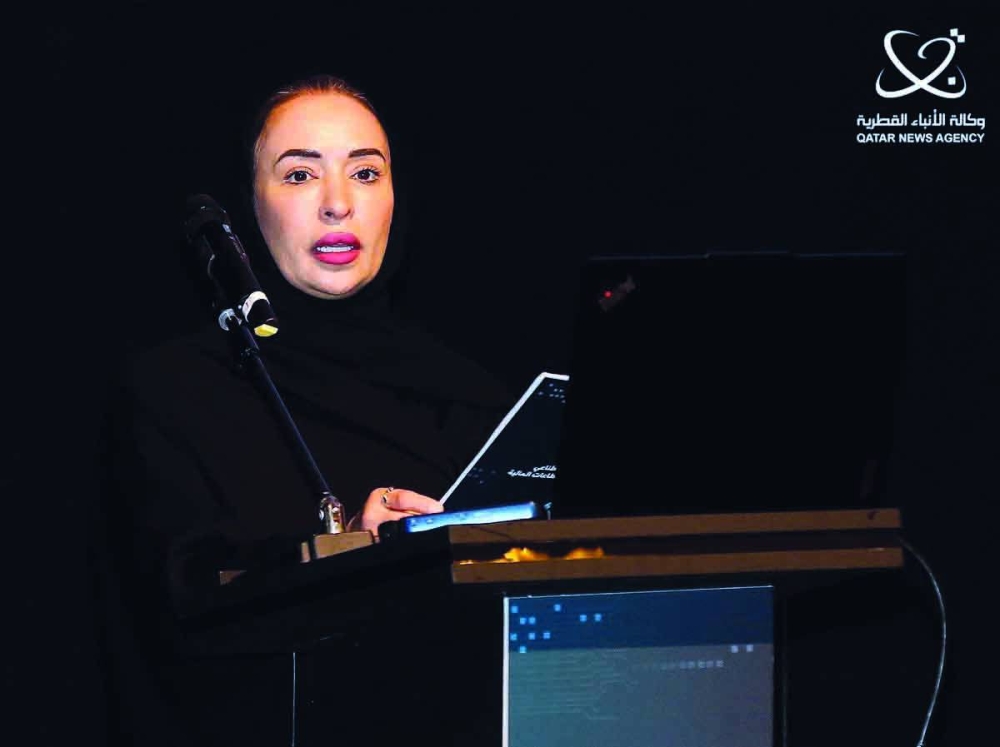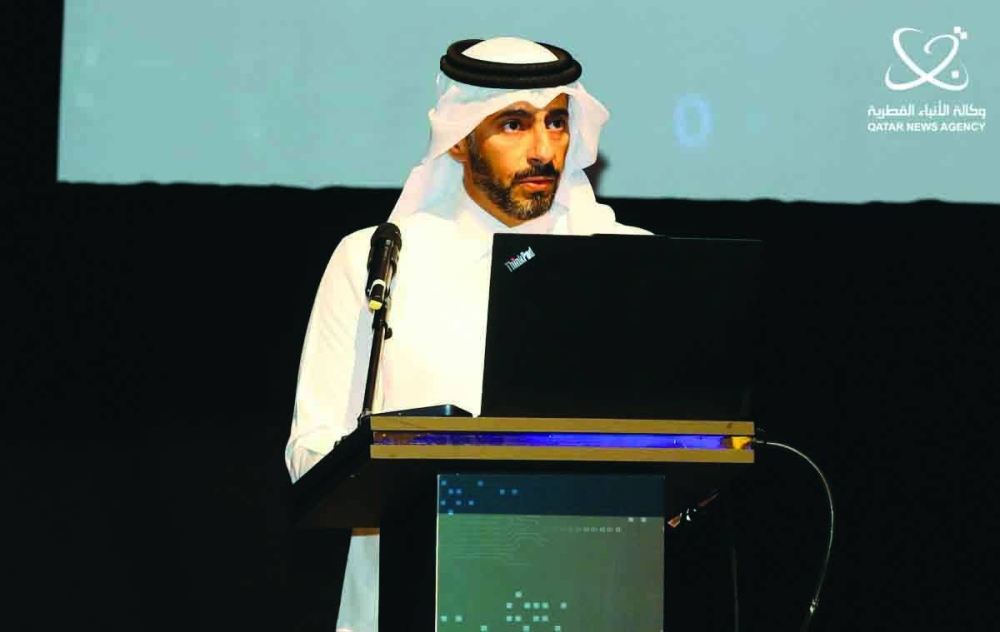A conference on Artificial Intelligence (AI) applications in the supervision and financial sectors in Qatar kicked off on Monday. The conference aims to raise awareness about AI and its utilisation in the work of the State Audit Bureau and all internal audit departments of the entities subject to its supervision. The event was attended by several assistants to the President of the State Audit Bureau, representatives from the Anti-Corruption Agency of the Republic of Uzbekistan, and representatives from the entities overseen by the State Audit Bureau.
Through presentations and sessions, the conference addresses various topics including "The future of work: adapting to automation and AI in auditing," "A glimpse of the future: supervision work in the era of AI," "Qatar's National Strategy for AI," "An introduction to deep language programming Gen Ai and its application in auditing," and "The future of the auditing profession and ways to develop auditors' skills," in addition to an open panel discussion that explores AI, its prospects, risks, standards, ethics, and how to benefit from it in supervision work.
In his opening remarks, Assistant President for Performance and Compliance Control at the State Audit Bureau Jassim Abdulaziz al-Mannai emphasised that in the face of rapid global developments across various fields and the increasing complexity of financial and governmental operations, keeping pace with these developments by utilising modern technologies to enhance the efficiency and effectiveness of supervision work has become necessary. Organising this conference, initiated by the senior management of the Audit Bureau, underscores its deep understanding that it contributes effectively to achieving Qatar Vision 2030 by enhancing transparency and accountability, and improving the efficiency of governmental performance assessment while safeguarding public funds.
Recognising the importance of this issue, the State Audit Bureau strives to be a pioneer in adopting the best international practices in information technology, providing the appropriate environment, and utilising AI. The Bureau's senior management prioritised this in its development projects by comprehensively integrating all supervision and non-supervision activities of the Bureau providing an integrated IT infrastructure and training its cadres to use these technologies daily when performing their tasks, al-Mannai further elaborated.
Several achievements have been achieved in this field including the launch of the "Absher" system in all supervision departments, an integrated system for managing and documenting all stages of auditing tasks, and the development of auxiliary software to support and raise the efficiency and effectiveness of audit operations through data analysis software, he stated.
Using AI will bring about a real revolution in the field of supervision work by offering immense capabilities that enhance the efficiency and effectiveness of supervision tasks, thereby increasing the value added. It will help in analysing big data, identifying errors quickly and accurately, assisting in identifying and assessing risks more accurately and comprehensively, as well as in formulating observations and suggesting practical recommendations that contribute to enhancing the value-added of supervision reports, he stressed.
Similarly, the Director of the Center of Excellence for Training and Development at the State Audit Bureau Rana Madi al-Hajri said that the conference is launched under the threshold of a major challenge posed by AI, carrying with it many opportunities and challenges. This conference is a first step in a journey of learning and transformation to gain a deeper understanding and exploit the best capabilities of AI in enhancing efficiencies and effectiveness in our supervisory and financial operations.
Al-Hajri hoped that the AI conference in the supervision and financial sector will yield important results that serve as a roadmap for the Audit Bureau to enhance the use of these technologies in financial and governmental oversight, raising transparency and accountability levels in Qatar. She explained that the conference is the first step in a plan consisting of four stages: awareness, analysis and identification of needs, implementation, application, and evaluation.
The rapid developments in AI and its applications have propelled the world into a new era of digital transformation encompassing all sectors, especially the supervision and financial sectors. This necessitates the utmost and decisive adoption of AI technologies in these sectors on their journey towards an advanced and sustainable future.
Business
Conference on AI application in Qatar's supervision, financial sectors kicks off
Conference on AI application in Qatar's supervision kicks off


The conference aims to raise awareness about AI and its utilisation in the work of the State Audit Bureau and all internal audit departments of the entities subject to its supervision.
